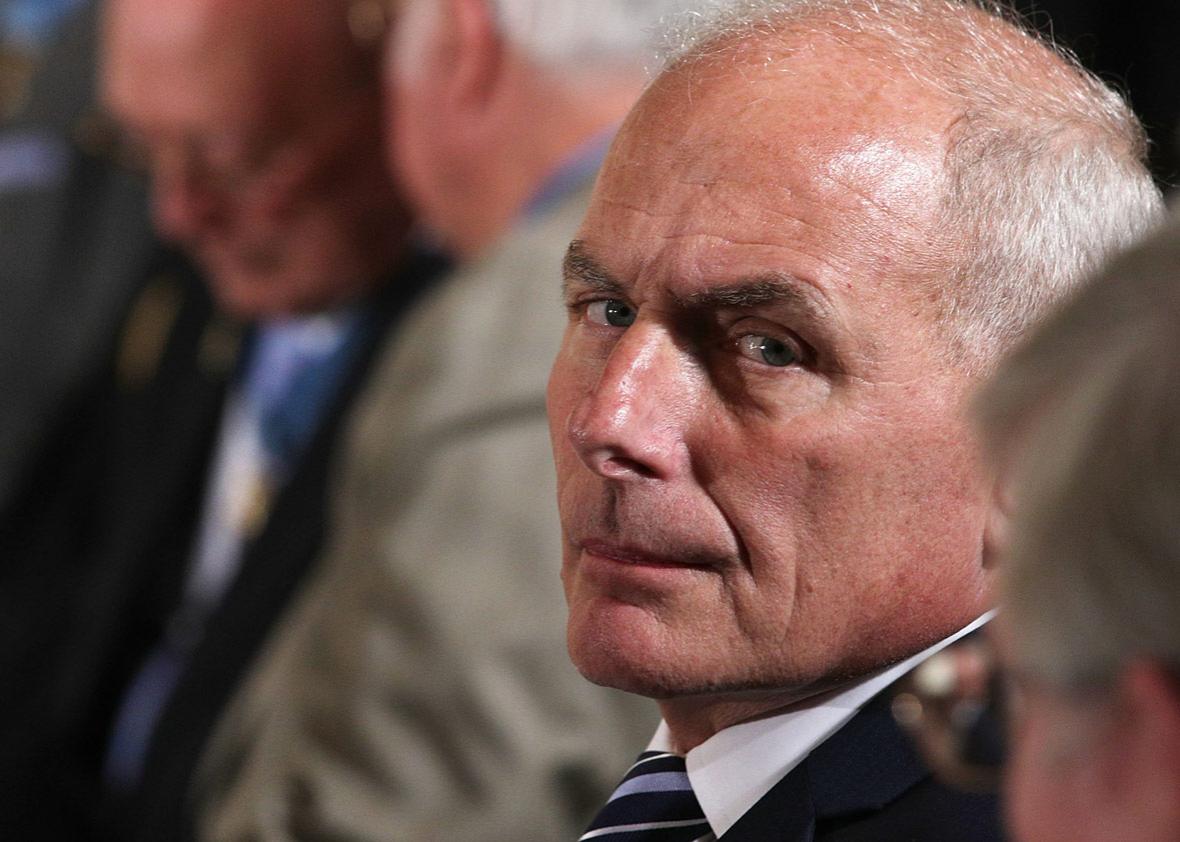On July 21, President Trump hired Anthony Scaramucci as communications director and introduced a new level of chaos into his administration. By Monday afternoon, he was gone, fired after 10 tumultuous days, each marked by bizarre behavior, including a now-famous (and obscenity-laced) tirade directed at Ryan Lizza of the New Yorker magazine.
Scaramucci’s short tenure was strikingly consequential. Press secretary Sean Spicer resigned rather than work with the vocal Trump ally, and chief of staff Reince Priebus found himself in a power struggle that ended with his ousting and humiliation at the hands of the president. Not that this was a victory for Scaramucci; his war against Priebus ended with a new chief of staff, Secretary of Homeland Security John Kelly, who promptly removed the communications director for his distracting behavior and vulgarity.
Did Monday mark the end of this chaos or merely an end to the flamboyance of it? There is a chance that these personnel moves, and Kelly’s elevation in particular, herald a revamped White House, more committed to order. “We’re all very hopeful now—those of us who backed Trump from the very beginning—that General Kelly can do a better job of marshaling the White House, the Cabinet members and the president himself,” said Michael Caputo, a former Trump campaign adviser, on CNN.
John Kelly is a retired general, and it’s clear he plans to bring military discipline to the turmoil that is the Trump government. But his success is an open question. To think that Kelly’s arrival signals a real change, we have to believe he has unquestioned authority within the White House—that he can control the flow of people and information to the president—and that key figures will respect that authority. Above all, we have to believe Trump is capable of disciplining himself. So far, there’s no indication that any of this holds true.
Take Kelly’s authority. It’s true that, on paper, all White House staff report to him, including Ivanka Trump and Jared Kushner. But it’s also true that, by virtue of being both family and senior advisers, the two will retain their nearly unfettered access to the elder Trump. If Ivanka and Jared were sources of wisdom and good advice, this might not be a problem. But Kushner was a driving force behind several of the president’s most impulsive decisions, including the removal of James Comey as FBI director—a move that reportedly almost led to Kelly’s resignation from the Department of Homeland Security. What’s more, Kushner is under investigation for his business dealings, making him a threat to Trump’s standing as president.
John Kelly clearly had the authority to remove Anthony Scaramucci. Does he have the same authority to remove Jared Kushner or greatly restrict his access to the president? And if Kelly pushes Trump to jettison his son-in-law, will the president follow that advice, or will he turn against Kelly like he has against a host of other aides and advisers? We know the answer. The odds that Trump would go along with that recommendation are slim to none. More likely, he would ignore Kelly and pursue his own path, oblivious or indifferent to the consequences for him or his administration.
Both outside observers and Trump allies are praising Kelly’s selection as a meaningful change for the White House. For that to be true, the president has to have some capacity for change or at least the ability to see that his behavior has been at odds with his goals. But there’s no sign he has that capacity. Instead, despite the myriad threats to his administration, Trump continues to act in ways detrimental to both his short and long-term interests. In the last 24 hours, for example, we’ve learned that the president dictated his oldest son’s misleading statement on an undisclosed meeting with a Russian lawyer, exposing himself and his inner circle to legal jeopardy. In addition, Trump’s aggressive and disparaging treatment of his attorney general, Jeff Sessions, has jeopardized his relationship with Republicans on Capitol Hill—the people the president needs to advance his legislative agenda.
Any hope for order from this administration—for normalcy—must be balanced against the fact that the chaos and dysfunction in the White House has as much to do with the personality of its chief occupant as it does any personnel. And because that occupant hasn’t changed—because he refuses to rise to the stature of the office—there’s little chance of improvement from the Oval Office.
Donald Trump is still erratic, still impulsive, still ignorant of the basics of governance. John Kelly can try to mitigate these liabilities, but it’s inevitably a losing battle. The general will almost certainly outlast the mayflylike tenure of Anthony Scaramucci. But we shouldn’t be shocked if, in a year or less, he too is leaving the White House, suddenly and with little warning.
